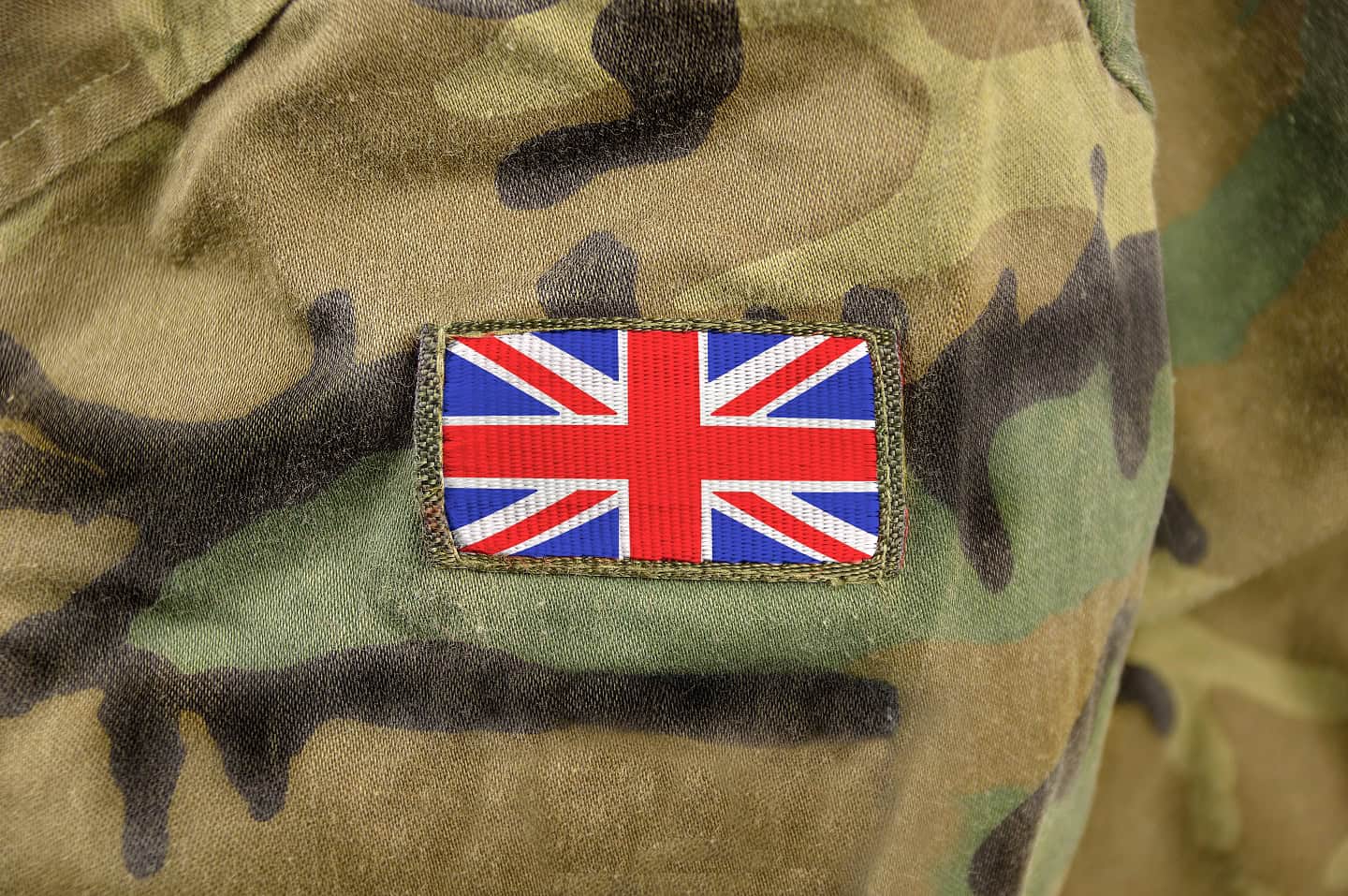
Gaggan Mawi writes for Pro Secure News Online, 23 April 2021
It is estimated that there are around 2.4 million veterans living in the UK, with employed veterans significantly more likely to work in the ‘Public admin and defence industry,’ in comparison to non-veterans. Indeed, 90% of members of the British Security Industry Association have confirmed that they employ or have employed ex-Forces personnel within their organisations.
The reason for this is that veterans possess a unique skill set which creates an almost perfect fit for a vast range of roles in the security industry. They are highly trained, disciplined and resilient, with exposure to an array of security challenges, and invaluable experience in formulating security management strategies and logistical operations during their service careers. The ability to respond to crisis and evolving situations, combined with advanced training in specialist security topics such as human intelligence and communications naturally lend themselves well to working in the industry, and make the transition from military to civilian life easier.
Whilst former service personnel offer an invaluable skill set to the security industry, they are likely to have seen and experienced things that the vast majority of civilians won’t have. As a result, many veterans may have left the armed forces with mental health problems caused by traumatic events and/or injury, or loss of their colleagues. Some experience a delayed onset of illness after they leave the Forces. It is estimated that around one in 20 will suffer from Post Traumatic Stress Disorder (PTSD), with others suffering from illnesses such as depression, anxiety/adjustment disorders and alcohol misuse. A smaller number will suffer from severe and complex mental health needs.
Common signs that may alert you to the possibility that a veteran colleague/employee is suffering with their mental health could include:-
- Mention of flashbacks/nightmares/intrusive thoughts;
- Displaying symptoms of anxiety or hyper arousal (for example panicking, being easily upset/angered, extremely alert/on edge, hyper aggressive or irritable);
- Avoidance behaviours (avoiding anything that reminds them of trauma, being emotionally detached, using alcohol/drugs to avoid memories);
- Physical symptoms such as change in appetite, chest pains, dizziness etc.
- Changes in personality (such as becoming quiet and withdrawn), changes in self-care
Op Courage
It has been widely acknowledged that one of the biggest challenges faced with the provision of mental healthcare to veterans is making sure that those who need help know how to identify the need for help, and know where and how to seek it. Former service personnel who are struggling with their mental health can often slip through the net when making the transition from military to civilian life, leading to longer term health and social problems such as relationship difficulties, homelessness and addiction.
In recognition of these challenges, last month the NHS launched a new initiative, Op Courage to offer specialist mental health services for veterans. In a joined up approach with the Office for Veterans Affairs and various military charities, the scheme provides therapy, rehabilitation services and inpatient care (in the more serious cases) to veterans, with same day referrals being made for those requiring urgent help and assistance.
The scheme has been welcomed by both the medical profession and charities supporting veterans. Military charities are helping NHS Staff better understand the unique traumatic experiences and challenges faced by veterans during the course of their service, and work towards integrating veterans into civilian life.
Individuals who contact Op Courage will have the reassurance of knowing that they will be speaking to people who understand the Armed Forces and military life, and who are either from the Armed Forces community or highly experienced in working with serving personnel, reservists, veterans, and their families.
How can I help?
Op Courage provides a gateway to ensuring that veterans who need mental healthcare can easily access joined up support. If you are concerned for the mental wellbeing of a veteran employee or colleague, there are a number of ways that you can help them access support.
You can either encourage them to contact the service themselves or advise them to speak to their GP, a charity or someone else, such as a family member or friend, to do this for them.
The service will arrange for the individual to have an assessment, and arrange treatment/therapy as necessary. Wider support for issues such as housing, relationships, finances, employment, drug and alcohol misuse and social support is also available in liaison with charities and local organisations.
The contact details for Op Courage are as follows:
In the North of England, call 0303 123 1145 or email vwals@nhs.net
In the Midlands or East of England, call 0300 323 0137 or email mevs.mhm@nhs.net
In London or the South East of England, call 020 3317 6818 or email cim-tr.veteranstilservice-lse@nhs.net
In the South West of England, call 0300 365 2000 or email gateway@berkshire.nhs.uk
The above information, and advice on seeking urgent support can also be found on the NHS Op Courage website.
Gaggan Mawi is an Associate in the Military Claims Team at Bolt Burdon Kemp.
The original article entitled ‘Op Courage: The Veterans Mental Health and Wellbeing Service’ by Gaggan Mawi, first appeared on the ProSecureNewsOnline website on Friday 23rd April 2021.









